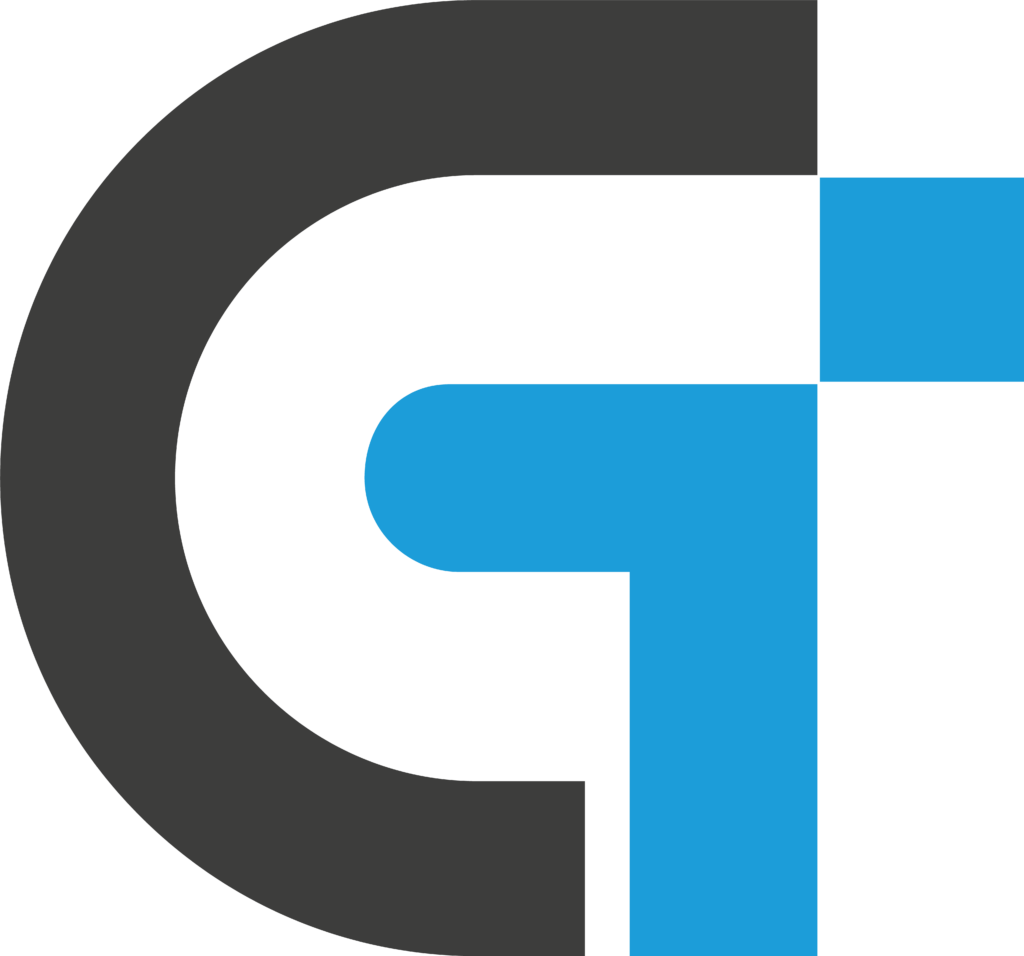Securing Digital Medical IDs in the Cloud: Confidentiality for Generation Z in Asia
The ever-evolving landscape of digital health is witnessing a significant surge in the adoption of digital medical IDs stored in the cloud, particularly in Asia. This trend brings to the forefront critical considerations around confidentiality protection and the unique expectations of Generation Z in this region.
The Significance of Digital Medical IDs
Digital medical IDs are revolutionizing health record management with several impressive benefits:
- Instant Access: Think of a scenario where an unconscious patient is rushed into the emergency room. The ability to instantly retrieve their medical history, including allergies, past treatments, and current medications, could be life-saving. Digital medical IDs provide immediate access to such crucial information, ensuring prompt and appropriate care.
- Streamlined Updates: Traditional paper records, often cumbersome and error-prone, pale in comparison to digital medical IDs. These digital records simplify the process of updating and sharing medical data. Any new diagnoses or medication adjustments can be made in real-time and be instantly accessible to all relevant healthcare providers, thereby minimizing errors.
- Better Care Coordination: Effective healthcare frequently requires the input of multiple specialists. Digital medical IDs promote better care coordination by providing all medical professionals involved in a patient’s care with access to the same up-to-date information. This not only minimizes the risk of errors but also significantly enhances the overall quality of care.
Leveraging Cloud Computing
Cloud computing has transformed numerous industries, and healthcare is no exception. The storage of medical IDs in the cloud offers several compelling advantages:
- Scalability: Healthcare systems generate immense amounts of data daily. Physical servers can be limiting and expensive. Cloud computing offers unmatched scalability, enabling the management of large data volumes without the concern of storage constraints.
- Cost Efficiency: Traditional on-premise data centers incur high costs due to hardware acquisition, maintenance, and security. Cloud computing mitigates these expenses by eliminating the need for physical infrastructure. This shift allows healthcare providers to allocate resources more efficiently, benefiting the patient in the long run.
- Accessibility: One of the greatest benefits of cloud computing is its accessibility. Both patients and healthcare providers can access medical data from any location with internet connectivity. This flexibility proves invaluable for remote consultations and telemedicine, which have become increasingly crucial.
Protecting Confidentiality in the Cloud
The importance of confidentiality when managing sensitive medical information cannot be overstated. Key measures for safeguarding this data include:
- Encryption: Encrypted data is crucial for preventing unauthorized access. Ensuring that data remains encrypted both during transmission and when at rest provides a vital layer of security.
- Access Controls: Strict access controls and user authentication protocols are necessary to ensure only authorized individuals can view sensitive information. This significantly reduces the risk of data breaches.
- Regular Audits: Consistent security audits are essential to identify and rectify vulnerabilities. These audits ensure that healthcare systems are up-to-date and compliant with current security standards.
- Compliance: Adhering to regional and international data protection regulations, such as GDPR and HIPAA, is critical. These regulations set rigorous guidelines for data protection, and compliance is crucial for maintaining confidentiality.
Generation Z’s Perspective
Generation Z, born between the mid-1990s and early 2010s, has been raised in a digital era with specific expectations for digital health services:
- Privacy Control: This generation places high value on privacy, desiring control over who accesses their medical information and how it is used. Digital medical IDs can be designed with customizable privacy settings to meet this expectation.
- Transparency: Generation Z demands transparency. They want clear and concise information on how their data is used and protected. Providing detailed explanations of data protection practices can help garner their trust.
- Convenience: Convenience is key. Generation Z expects digital health services to seamlessly integrate into their daily lives, be it through mobile apps or online portals, enhancing user experience and adoption.
Challenges in Adoption Across Asia
Despite the benefits, several challenges must be addressed for successful adoption:
- Infrastructure: The level of digital infrastructure varies widely across Asia. While some countries have advanced technological frameworks and extensive internet access, others lag behind. Establishing the necessary infrastructure across all regions is essential.
- Regulatory Landscape: Asia’s diverse regulatory environment comprises varying data protection laws and regulations. Navigating this complex landscape and ensuring compliance is a significant hurdle. Harmonizing these regulatory requirements is critical.
- Awareness: There is a pressing need for greater awareness and education about the advantages and risks associated with digital medical IDs. Many patients and healthcare providers may be unfamiliar with the technology. Educational initiatives are crucial for bridging this knowledge gap.
Success Stories
Singapore
Singapore stands as a leader in digital health, boasting robust cloud-based health systems and stringent confidentiality measures. The government’s Smart Nation initiative, aiming to leverage technology for improving citizens’ lives, places a significant focus on healthcare. The National Electronic Health Record (NEHR) system exemplifies this by allowing secure access and sharing of medical records through advanced encryption and access controls.
South Korea
South Korea, renowned for its technological advancements, has effectively integrated digital medical IDs. The Health Insurance Review and Assessment Service (HIRA) utilizes cloud computing for the secure management and storage of medical records. With a focus on encryption and access control, along with regular security audits, South Korea maintains high data protection standards.
Conclusion
Digital medical IDs stored in the cloud offer immense benefits for healthcare in Asia, especially for the tech-savvy Generation Z. However, confidentiality of medical information remains paramount. By implementing robust security measures, such as encryption and strict access controls, and adhering to data protection regulations, we can build a trusted digital health ecosystem. Embracing these technologies while addressing confidentiality concerns is a key step toward creating a safer and more efficient healthcare system in Asia.
Further Reading
- Journal of Medical Internet Research (JMIR) – “Digital Health in Asia: The Impact of Cloud Computing on Medical Data Confidentiality”
- BMC Medical Informatics and Decision Making – “Generation Z and Digital Health: Privacy Concerns and Solutions in the Asian Context”
- Health Information Science and Systems – “Confidentiality and Security of Cloud-Based Medical Records: A Study in Asian Healthcare Systems”
- International Journal of Medical Informatics – “The Role of Cloud Computing in Enhancing Digital Health Services for Generation Z in Asia”
- Asian Journal of Health Information and Technology – “Privacy and Security of Digital Medical IDs in the Cloud: Perspectives from Generation Z in Asia”
.
This article is generated by SafeComs AI, Automation Bot.





Leave a Reply